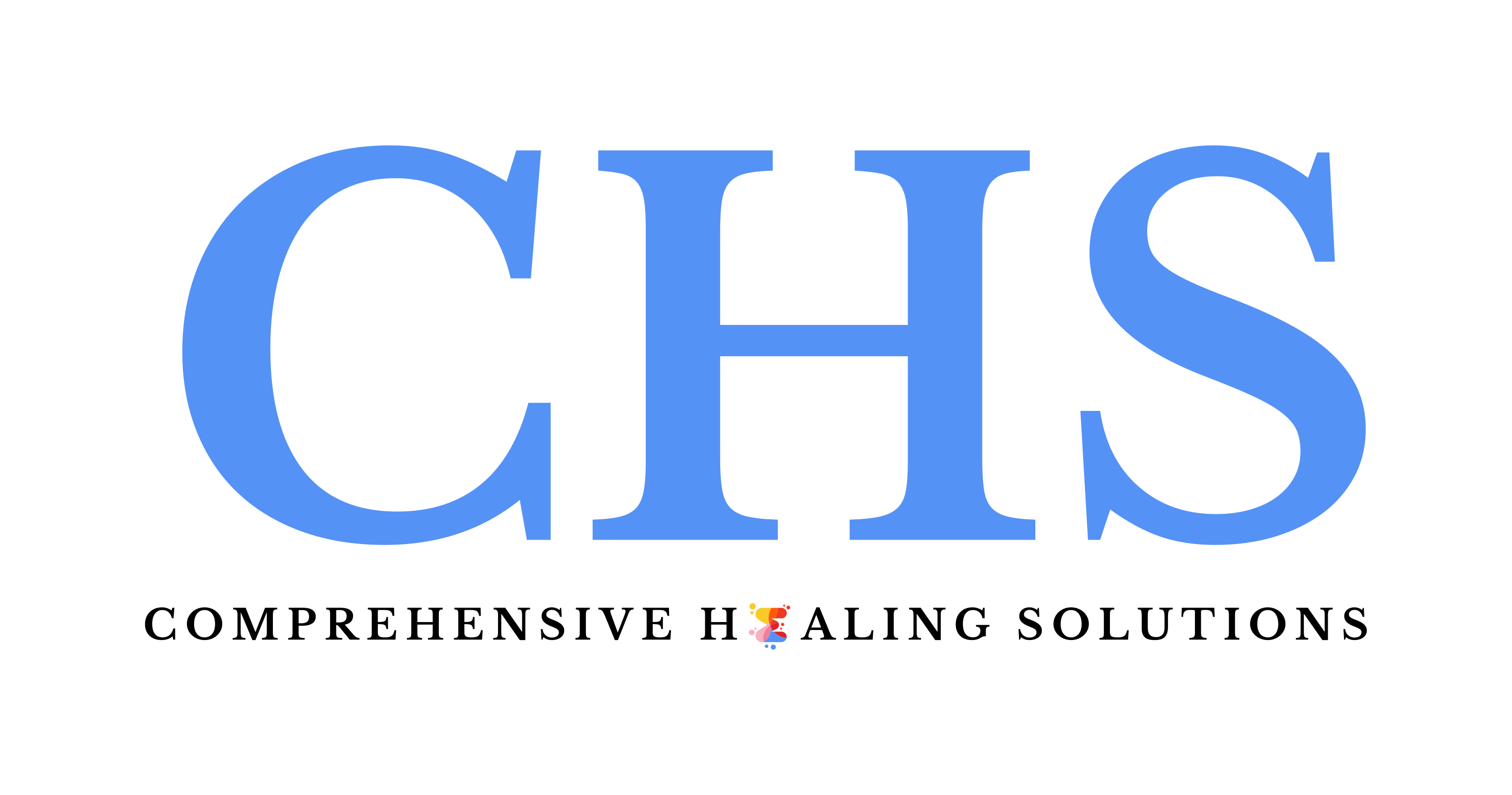Support
Our support services are designed to provide comprehensive assistance to individuals and families facing challenges. From financial aid and healthcare access to wellness coaching and emotional support, we are here to help you every step of the way. Whether through telehealth services or in-person consultations, we ensure that your well-being is our top priority, empowering you to lead a healthier,
Absolutely! We encourage you to save the weekly emails for reference, as they contain important information, links, and resources that you may need throughout the week.
- If you don’t receive the email by Sunday evening, please check your spam or junk folder first. If you still can’t find it, reach out to our support team, and we will resend the information promptly.
Yes, and it’s very important! We value your honest feedback on how the program is helping to manage your stress. This information helps us understand the effectiveness of our sessions and allows us to make any necessary adjustments to better support you.
Comprehensive Healing Solutions LLC offers a range of holistic wellness services, including telehealth therapy, physical therapy, mental health counseling, nutrition guidance, and wellness coaching.
Booking a telehealth appointment is easy. You can visit our website or contact us directly via phone or email. Our support team will help schedule an appointment with a licensed therapist or wellness professional based on your needs.
Yes, we accept a variety of insurance plans, including Medicare and Medicaid. Our team can assist in verifying your coverage and providing details about eligible services. Please contact us for more information on insurance and payment options.
Yes, all telehealth services are conducted through secure, HIPAA-compliant platforms. We prioritize your privacy and confidentiality in all interactions, ensuring that your personal health information is protected.
You can reach us via phone at (775) 910-9168 or by email at support@comprehensivehealingsolutions.com. Additionally, you can contact us through the Comprehensive Healing Solutions app, available for download on smartphones and tablets.
Our mission is to provide accessible, high-quality holistic wellness care to underserved communities. We believe in addressing the mental, physical, and emotional health of our clients through a comprehensive, integrative approach to care.
We offer a range of telehealth services, including mental health counseling, physical therapy, wellness coaching, and nutrition consultations. All services are delivered securely and remotely to meet your needs.
Our telehealth services are conducted via secure, HIPAA-compliant video calls, allowing clients to receive care from the comfort of their homes. Simply schedule a session, and you’ll be guided through the process.
Yes, you can cancel or reschedule your telehealth appointment by contacting our support team or using our online scheduling system. We recommend notifying us at least 24 hours in advance.
Yes, we offer group therapy sessions as part of our wellness programs. These sessions focus on mental health, emotional support, and building a sense of community among participants.
We use secure, HIPAA-compliant platforms to ensure all telehealth sessions are confidential and protect your personal health information.
Telehealth services are covered by most insurance plans, including Medicare and Medicaid. Please contact us for more details about coverage.
We are located at 2360 E Calvada Blvd, Suite D, Pahrump, NV 89048. Our telehealth services allow us to serve clients remotely, regardless of their location.
Yes, intake can be done either in person at our office or remotely via telehealth, depending on your preference.
Yes, you can schedule in-person consultations at our office. Please contact us for appointments, whether in person or via telehealth.


